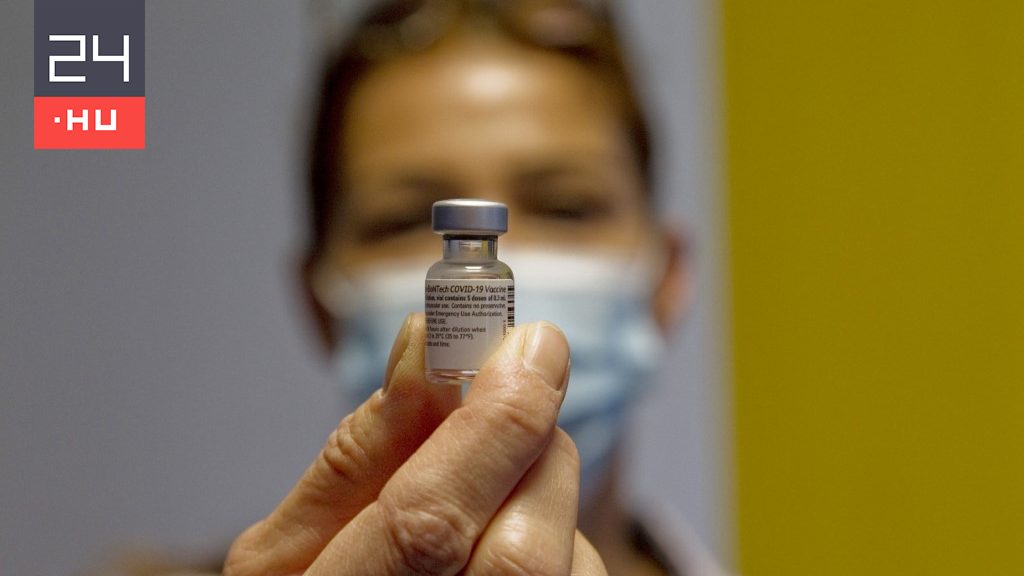According to a British study conducted in June, the Pfizer and AstraZeneca vaccines provide adequate protection against the delta variant and provide 96 percent and 92 percent protection against hospitalization, respectively. After analyzing case 14019, British experts found that both vaccines provided adequate protection – He writes for the Financial Times.
Pfizer previously stated that its vaccine is also suitable against the delta variant, but they have begun looking for a separate vaccine, with research beginning as early as next month.
A British study conducted in May also showed that two doses of Pfizer provide 88 percent protection against symptomatic disease when someone has a delta variant. Scottish researchers estimate this number at only 79. According to Canadian researchers, the vaccine also prevents infection by 87 percent. The Israelis found something else again: According to their research, 64 percent of the delta variant had symptomatic infection against the vaccine.
The mixed results are a good reflection of how difficult it is to do research in everyday life, as clinical trials are much more controlled, with many other factors in real life that can have a say. Therefore, these numbers should be treated with caution.
Moderna showed in lab tests that its vaccine showed half as many delta-neutralizing antibodies as before. However, a stronger antibody response was measured with the Johnson & Johnson vaccine than with previous mutations.
As we are used to, the Russians have not shown any scientific evidence, but they claim that Sputnik-V is more effective against the delta variant than the vaccines studied so far. Chinese researchers have reported that Chinese vaccines are less effective against the delta variant compared to their good performance in the previous variants.












































